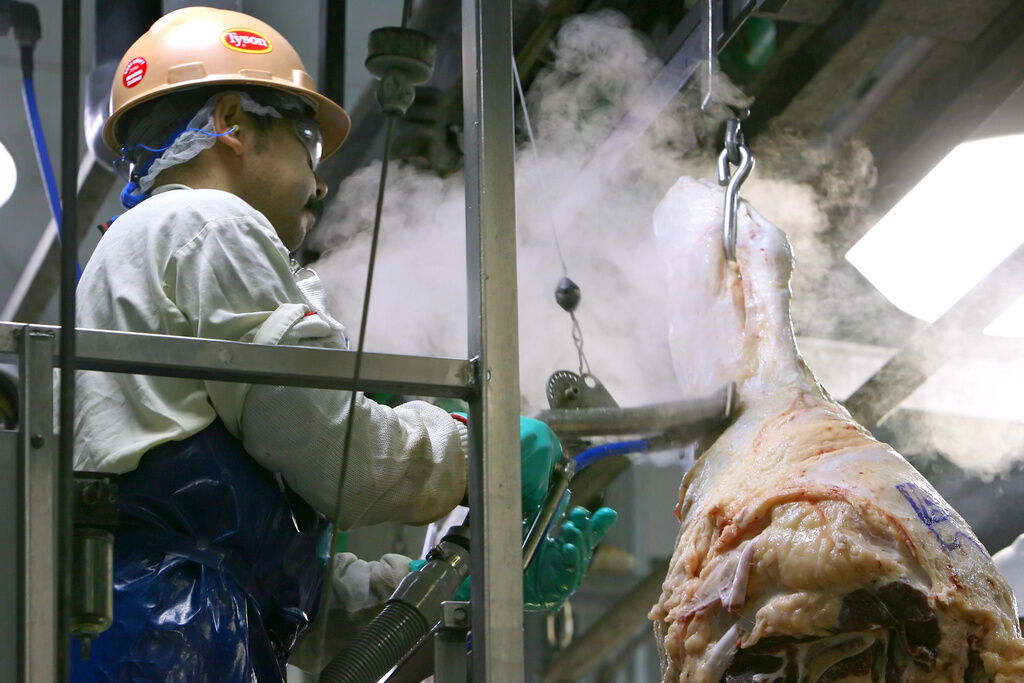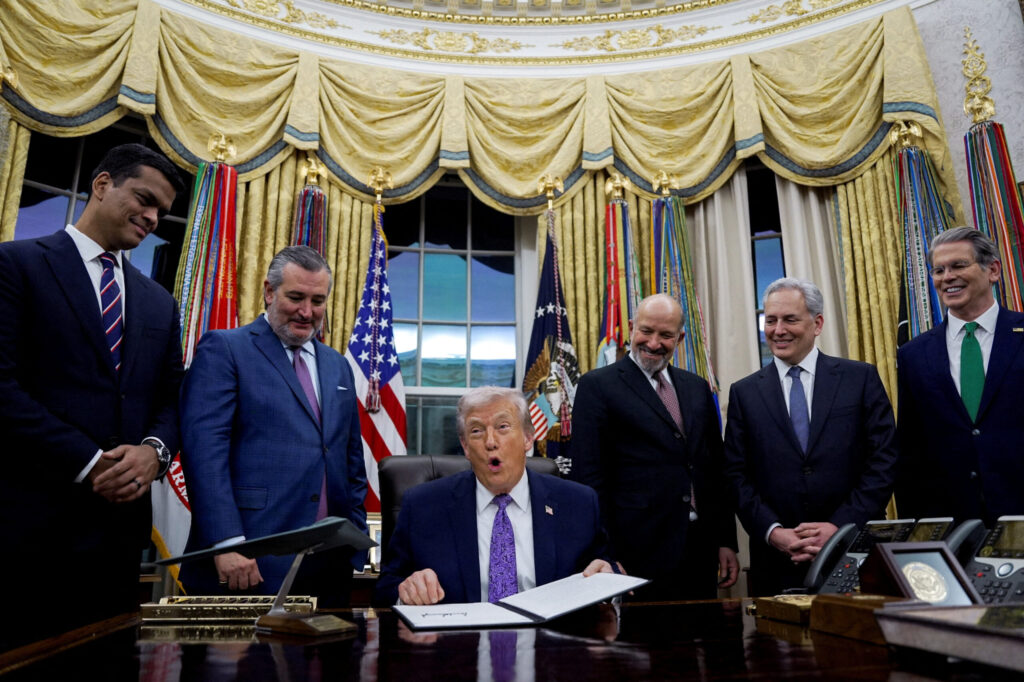Colorado’s Catholics mobilize against the state’s ‘Blaine amendment’
At first blush, it seems like an innocuous restatement of bedrock public policy:
“No appropriation shall be made for charitable, industrial, educational or benevolent purposes to any person, corporation or community not under the absolute control of the state, nor to any denominational or sectarian institution or association.”
That’s Article V, Sec. 34 of the Colorado Constitution. The same goes for Article IX, Sec. 7:
“Neither the general assembly, nor any county, city, town, township, school district or other public corporation, shall ever make any appropriation, or pay from any public fund or moneys whatever, anything in aid of any church or sectarian society, or for any sectarian purpose, or to help support or sustain any school, academy, seminary, college, university or other literary or scienti c institution, controlled by any church or sectarian denomination …”
Separation of church and state, right? Something we all agree on.
Not so fast, say advocates of school choice and, more fundamentally, leaders of the Catholic Church in Colorado. They point out the above “Blaine amendments” were inserted in the state’s founding charter as well as in the constitutions of most U.S. states amid a wave of anti-immigrant and related anti-Roman Catholic bigotry in the late-19th century.
And they now are rallying their rank and file to speak out to federal authorities about the offending clauses, which they contend not only enshrine discrimination but also give opponents of education reform a pretext for shutting down school-voucher programs.
Colorado’s advisory committee to the U.S. Commission on Civil Rights held a public hearing in Denver last month to discuss the constitutional language and it’s impact on Colorado. The committee now is taking public comments for use in an eventual report. The Colorado Catholic Conference – the church’s advocacy arm in the state – as well as other Christian groups are urging their members to weigh in.
Far from simply keeping church and state separate, critics of the Blaine amendments say, the policies in fact were intended to curb the proliferation of Catholic schools and the Irish and other immigrant communities they served. As recounted in the much-reported, ongoing legal battle over Douglas County’s stalled school-voucher program, Blaine amendments were the product of a time when prayer of the Protestant variety was common and accepted in Colorado public schools. So were classroom readings from the Protestant King James Bible. And members of the Protestant political establishment looked askance at attempts to establish a rival, “sectarian” – i.e., non-Protestant – school system.
There’s hope for the Blaine opponents on the legal front. After ruling in Trinity Lutheran v. Comer in June that churches could not be excluded from a Missouri state grant program that funds playgrounds for charitable organizations, the U.S. Supreme Court ordered Colorado’s highest court to take another look at the Douglas County voucher case. The Colorado Supreme had ruled against the voucher program in 2015, effectively upholding the state’s Blaine amendment.
Alongside the continuing court debate, the Catholic Conference hopes to stir popular push-back. It’s asking adherents of the faith to weigh in. From an email campaign this week:
We hope that you will join us in sending comments to the committee stating your opposition to this amendment.
Comments may be sent to: (please be sure to include your name and address)Colorado Advisory Committee to the U.S. Commission on Civil Rights1961 Stout StreetSuite 13-201Denver, CO 80294











